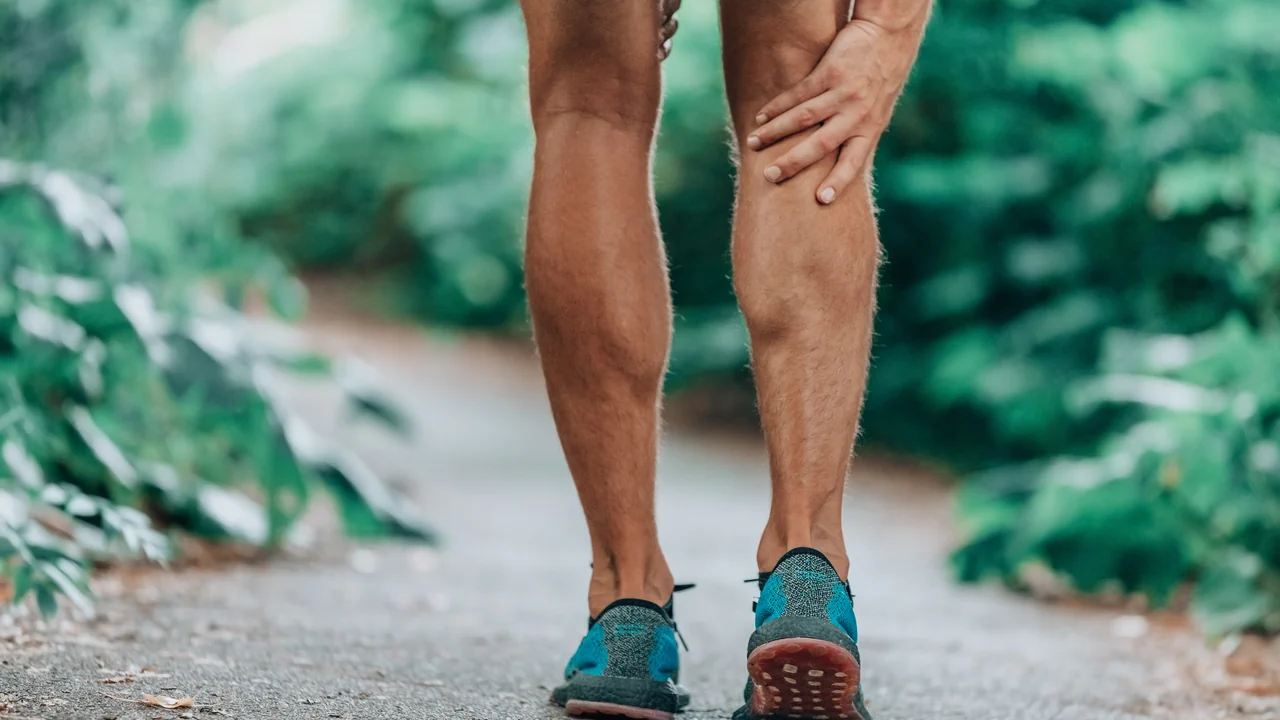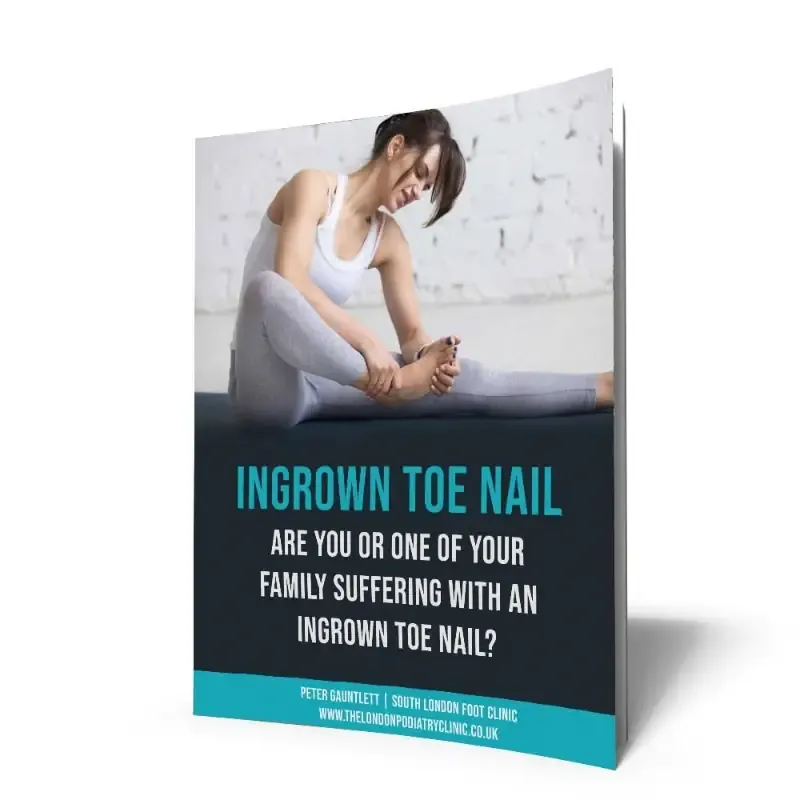Marathon Post Recovery Advice
Apr 28, 2025
How to Optimise Recovery After Running a Marathon: Expert Advice from South London Foot Clinic
At South London Foot Clinic, we often see runners — both seasoned marathoners and enthusiastic first-timers — seeking advice on how to recover quickly and safely after a race. Congratulations if you've just finished the London Marathon.
Running a marathon is a huge achievement, but it places significant stress on your body, particularly your muscles, joints, and feet. Whether you’re training for your next big event or you've just crossed the finish line, understanding how to optimise recovery after a marathon is key to staying healthy and injury-free.
In this guide, we'll explore the latest evidence-based strategies for post-marathon recovery, including exercises, supplements, mindfulness practices, and what science tells us about muscle damage after a marathon.
The Science of Muscle Damage After a Marathon
Research shows that running a marathon causes substantial muscle damage, especially in the calves, quadriceps, and hamstrings. A 2020 study published in the Journal of Strength and Conditioning Research found that markers of muscle damage, such as creatine kinase (CK) levels, remain elevated for up to 7 days post-race. Micro-tears in the muscle fibres and inflammation are natural responses to the physical strain.
Symptoms like muscle soreness, swelling, and reduced strength are part of the recovery process — but how you manage this period can make a significant difference in how quickly and effectively you heal.
Best Exercises for Post-Marathon Recovery
Gentle movement is crucial. While it’s tempting to rest completely, staying lightly active can accelerate recovery:
- Walking: Start with gentle walks within 24–48 hours after the race. This promotes blood flow without overloading your muscles.
- Foam Rolling: A 2022 meta-analysis confirmed that foam rolling after intense exercise can reduce delayed-onset muscle soreness (DOMS) and improve flexibility.
- Low-Impact Cross-Training: Activities like swimming, cycling, or yoga encourage circulation and promote joint mobility without placing excess stress on tired muscles.
- Active Stretching: Focus on dynamic stretching rather than static stretches in the first few days. Gradually add static stretching after about a week.
At South London Foot Clinic, we recommend tailored rehab plans, including podiatry-guided exercises, to prevent common post-marathon foot problems like plantar fasciitis or stress fractures.
Supplements That May Support Recovery
Recent research points to specific supplements that could enhance muscle repair and reduce inflammation after endurance events:
- Omega-3 Fatty Acids: Found in fish oil, omega-3s have been shown to reduce muscle soreness and inflammation.
- Collagen Peptides: A growing body of evidence suggests that collagen supplements, taken alongside vitamin C, can aid tendon and joint recovery.
- Tart Cherry Juice: Studies suggest that tart cherry extract reduces muscle pain and accelerates strength recovery thanks to its powerful antioxidant content.
- Protein Supplements: Adequate protein intake (about 1.6–2.2 g/kg of body weight) is crucial for muscle repair. Whey protein is particularly effective immediately post-exercise.
Always speak with a healthcare provider — like one of our team at South London Foot Clinic — before beginning any new supplement regimen.
Mindfulness and Managing Stress During Recovery
Running a marathon doesn't just fatigue the body — it also affects the mind. Managing stress effectively after the race is crucial for full recovery.
- Mindfulness Meditation: Studies from 2021 suggest that mindfulness-based stress reduction (MBSR) techniques significantly lower cortisol levels (your body's stress hormone), promoting faster healing.
- Breathing Exercises: Simple breathing practices can stimulate the parasympathetic nervous system, encouraging relaxation and recovery.
- Sleep Hygiene: Prioritising good sleep is vital. Aim for 8–10 hours a night immediately after a marathon. Deep sleep phases are when most muscle repair occurs.
Mindfulness also reduces the risk of "post-race blues," a common phenomenon where athletes experience mood dips after completing a big event.
Don't Neglect Your Feet!
After a marathon, your feet take a major hit. Common post-race foot problems include blisters, black toenails, plantar fasciitis, and overuse injuries.
Our podiatry specialists at South London Foot Clinic can provide:
- Professional foot and lower limb assessments
- Custom orthotic prescriptions
- Treatment for blisters, nail trauma, and biomechanical issues
- Foot-strengthening exercise programmes
- Shockwave therapy for tendon injuries
- Fascial Manipulation
Protecting your feet today means you’ll be ready for your next race sooner — and stronger.
Final Thoughts
Optimising recovery after a marathon involves more than just putting your feet up (although a bit of rest is important too!). By incorporating light exercise, smart supplementation, mindfulness techniques, and professional foot care, you can dramatically improve your body's healing process.
At South London Foot Clinic, we are proud to support South London’s vibrant running community with expert podiatry services tailored for endurance athletes.

